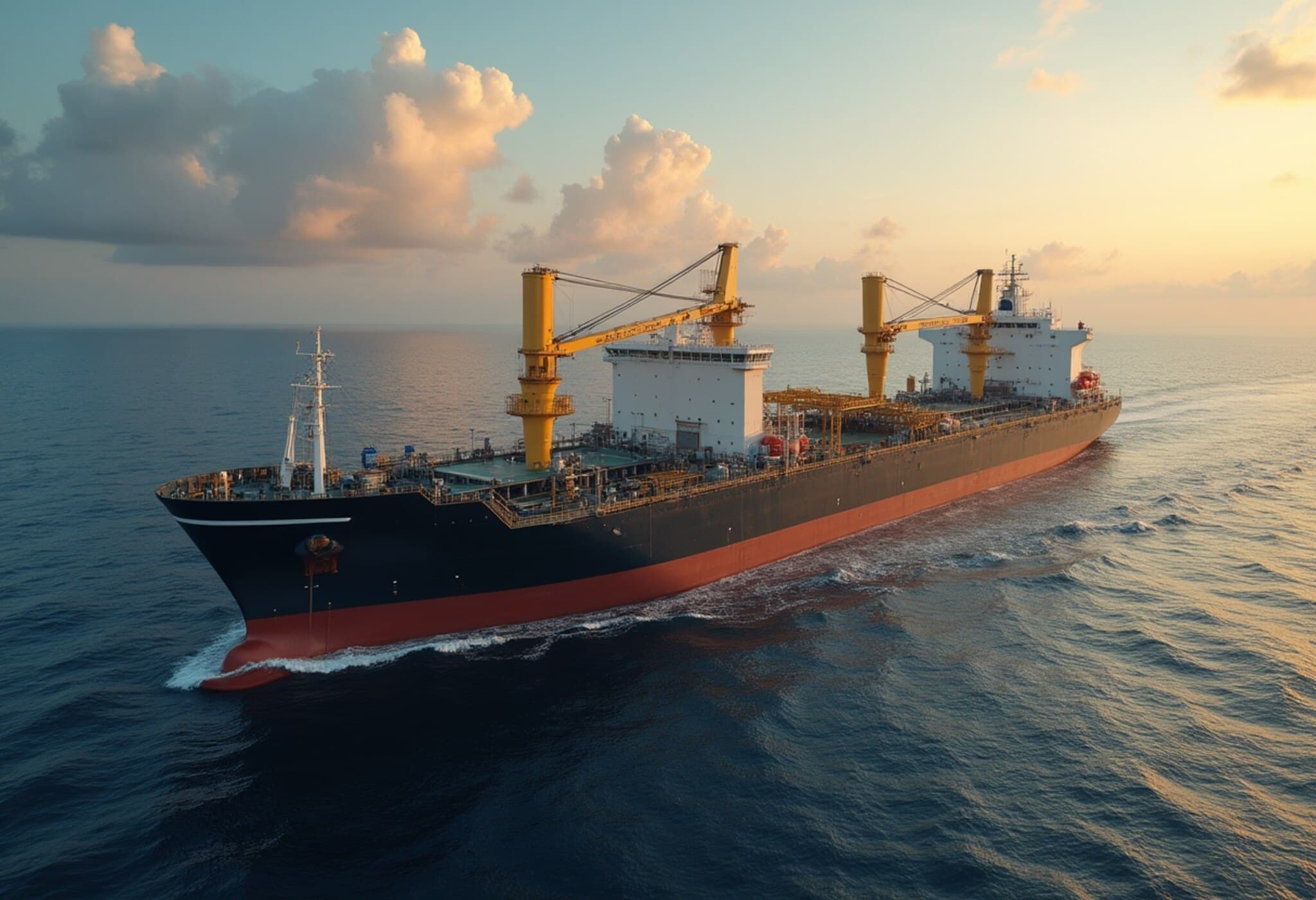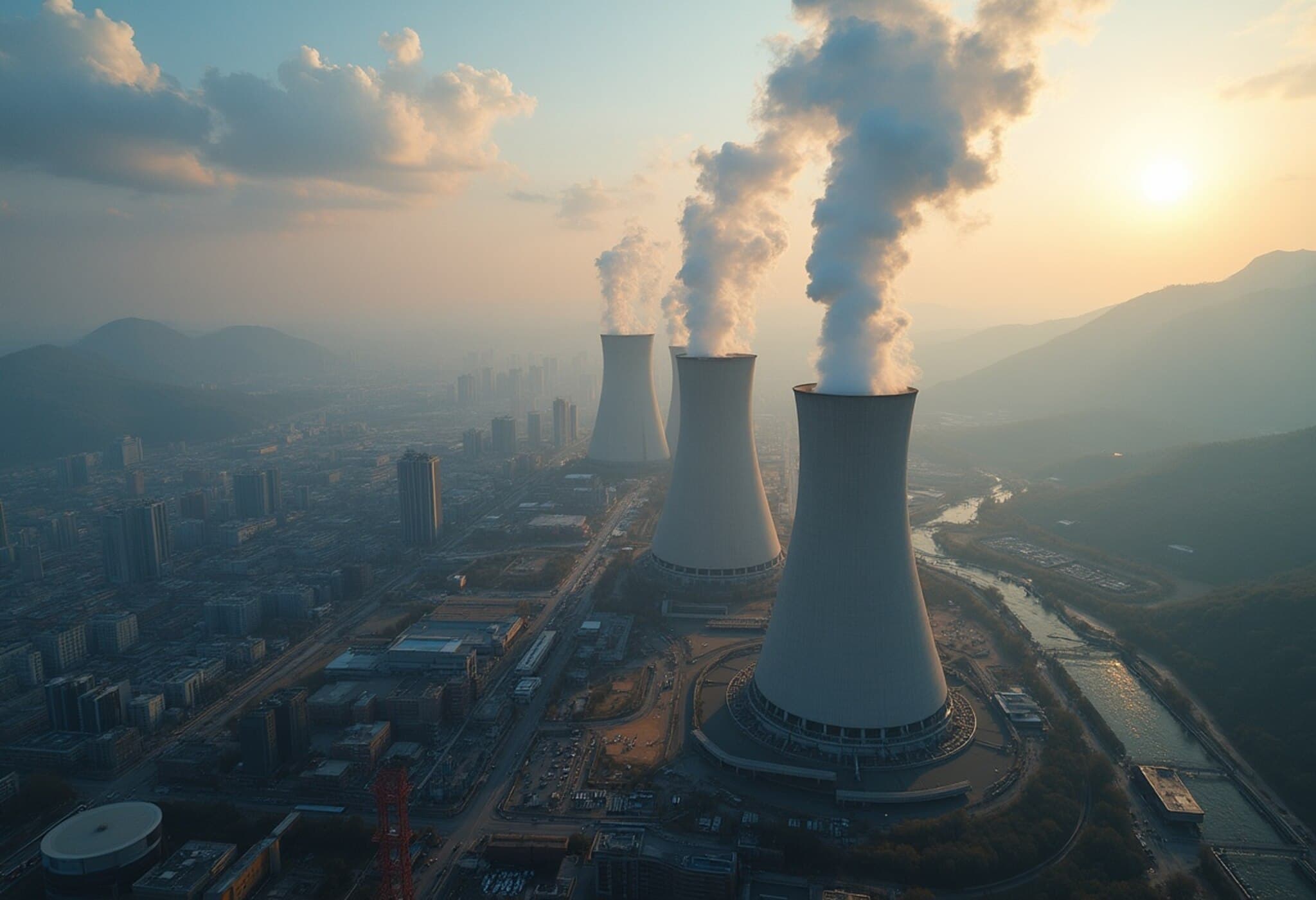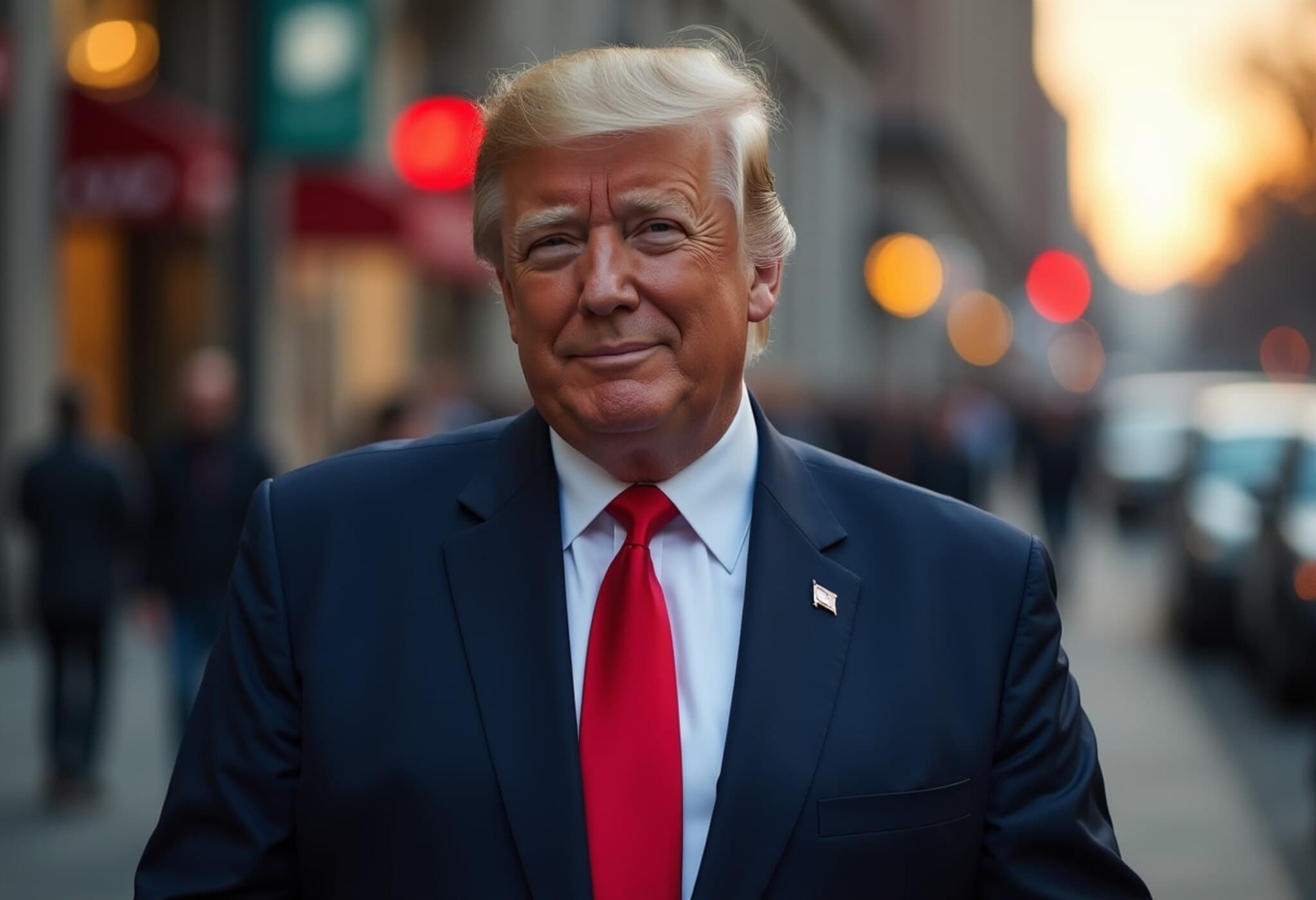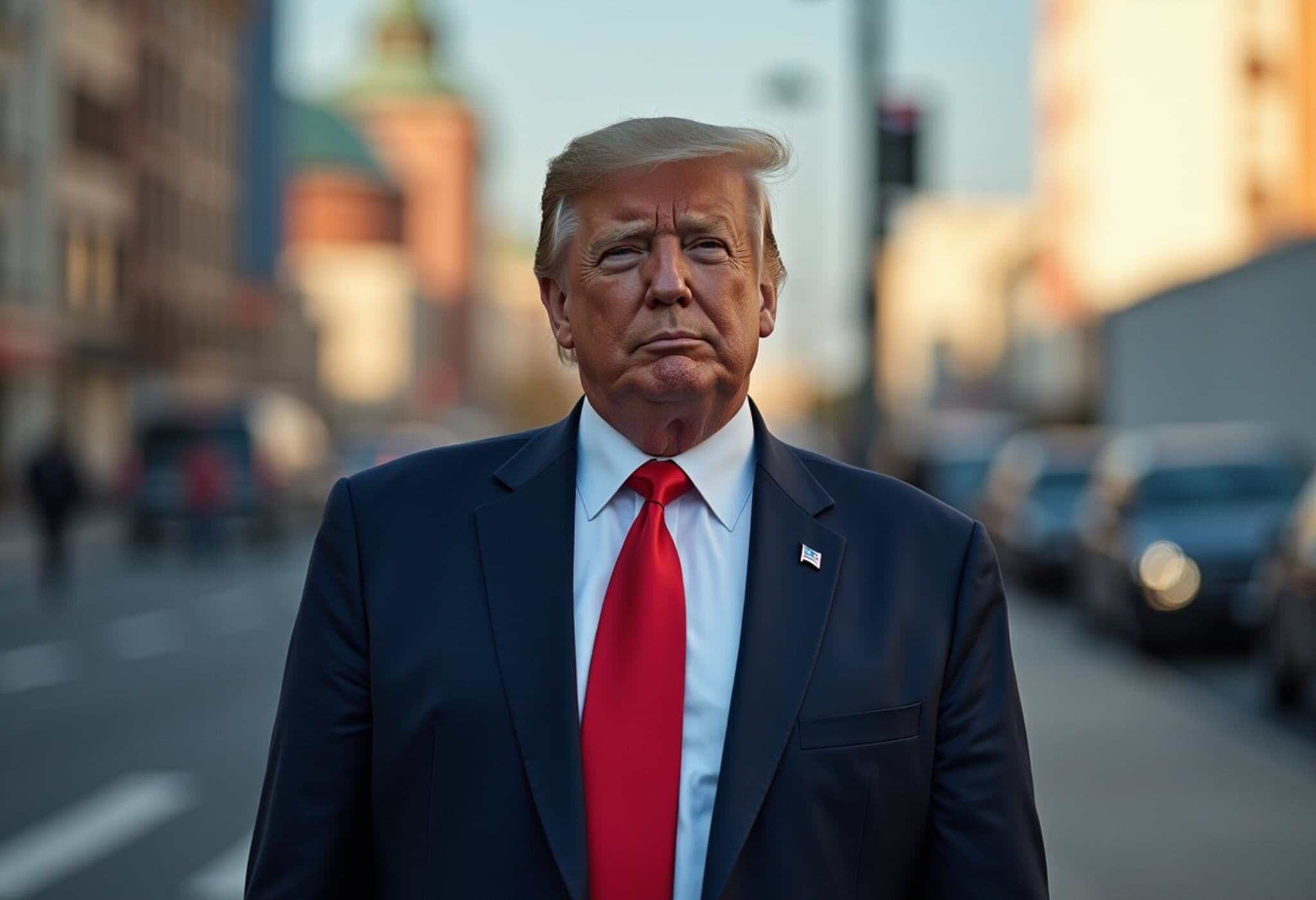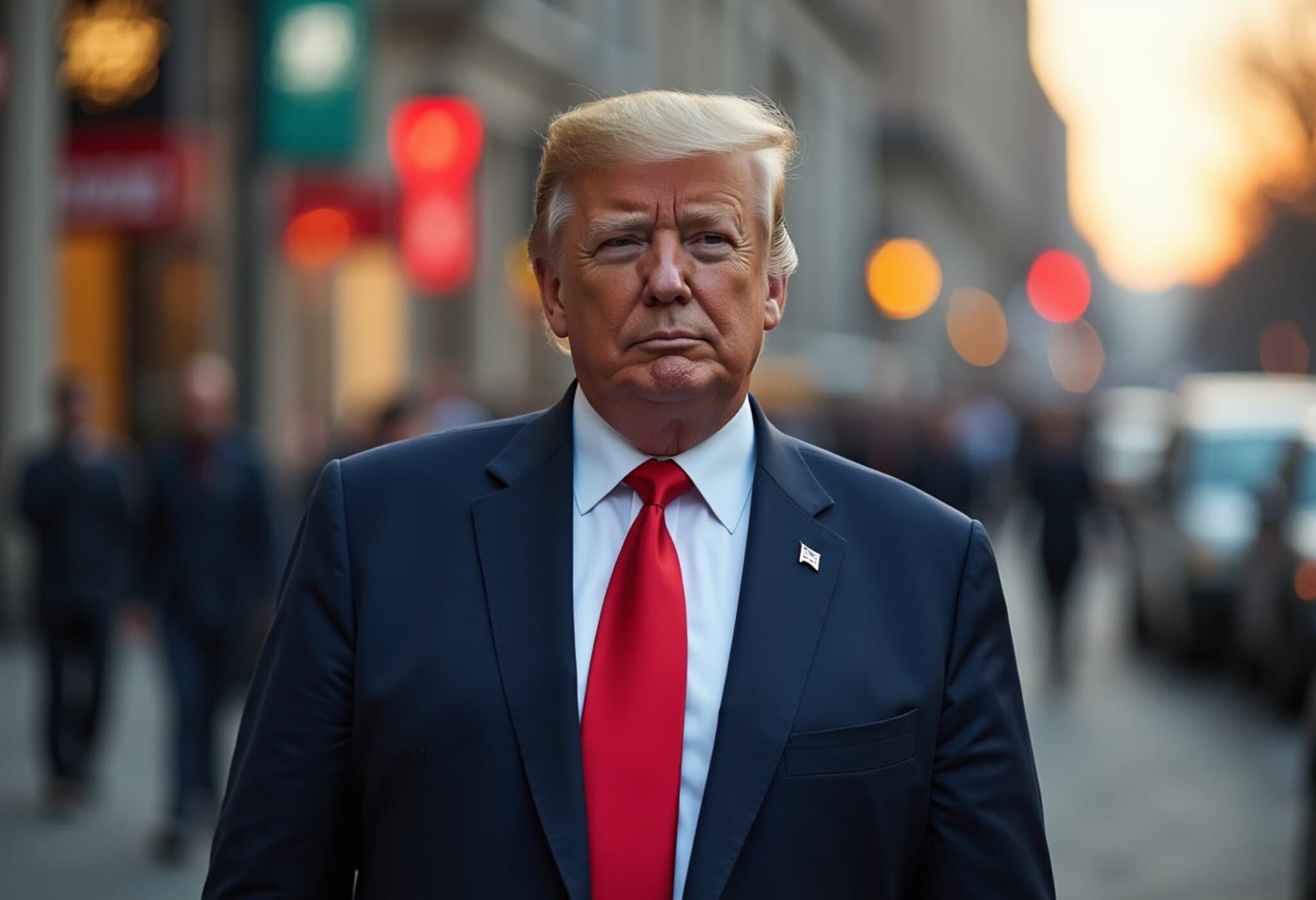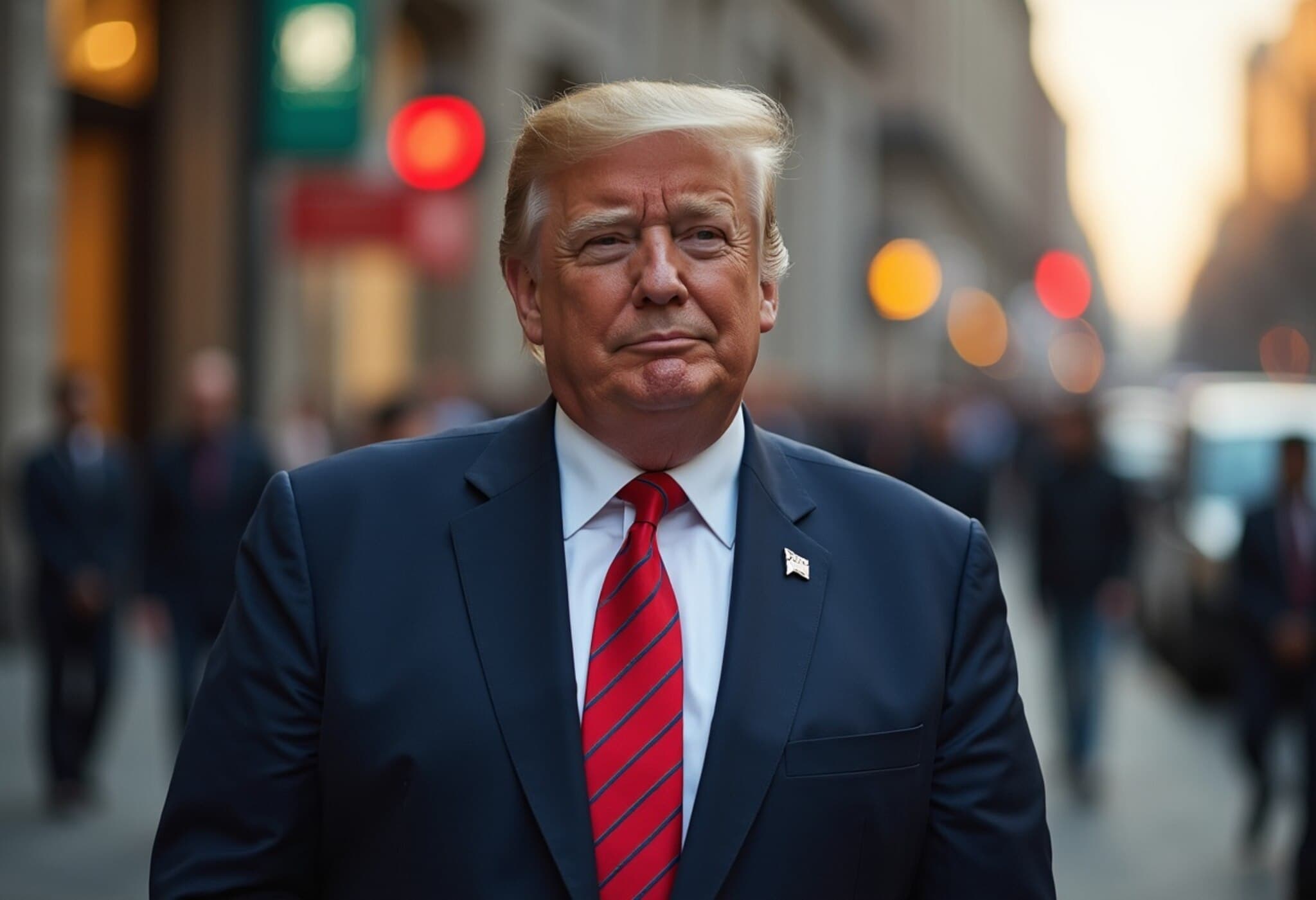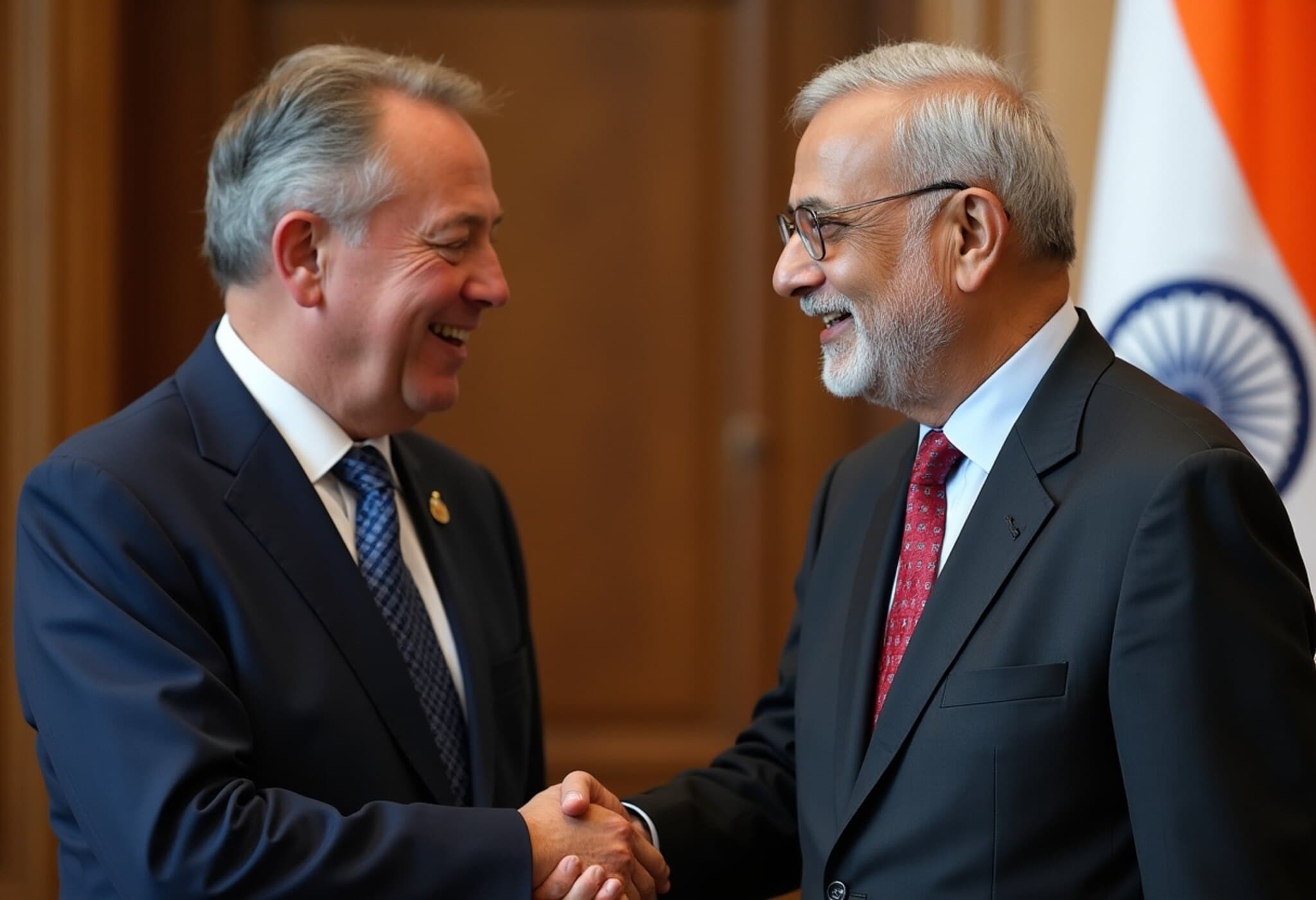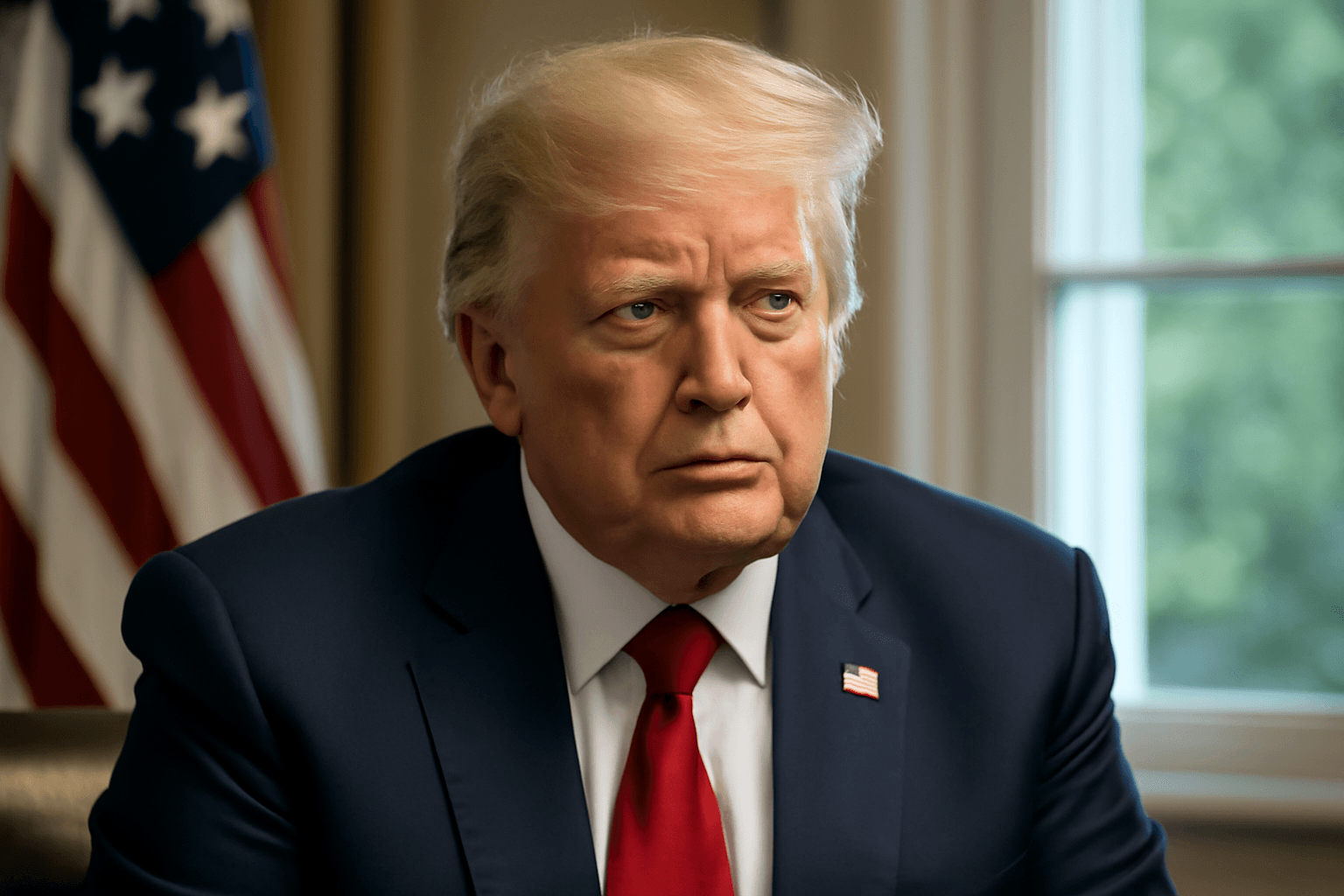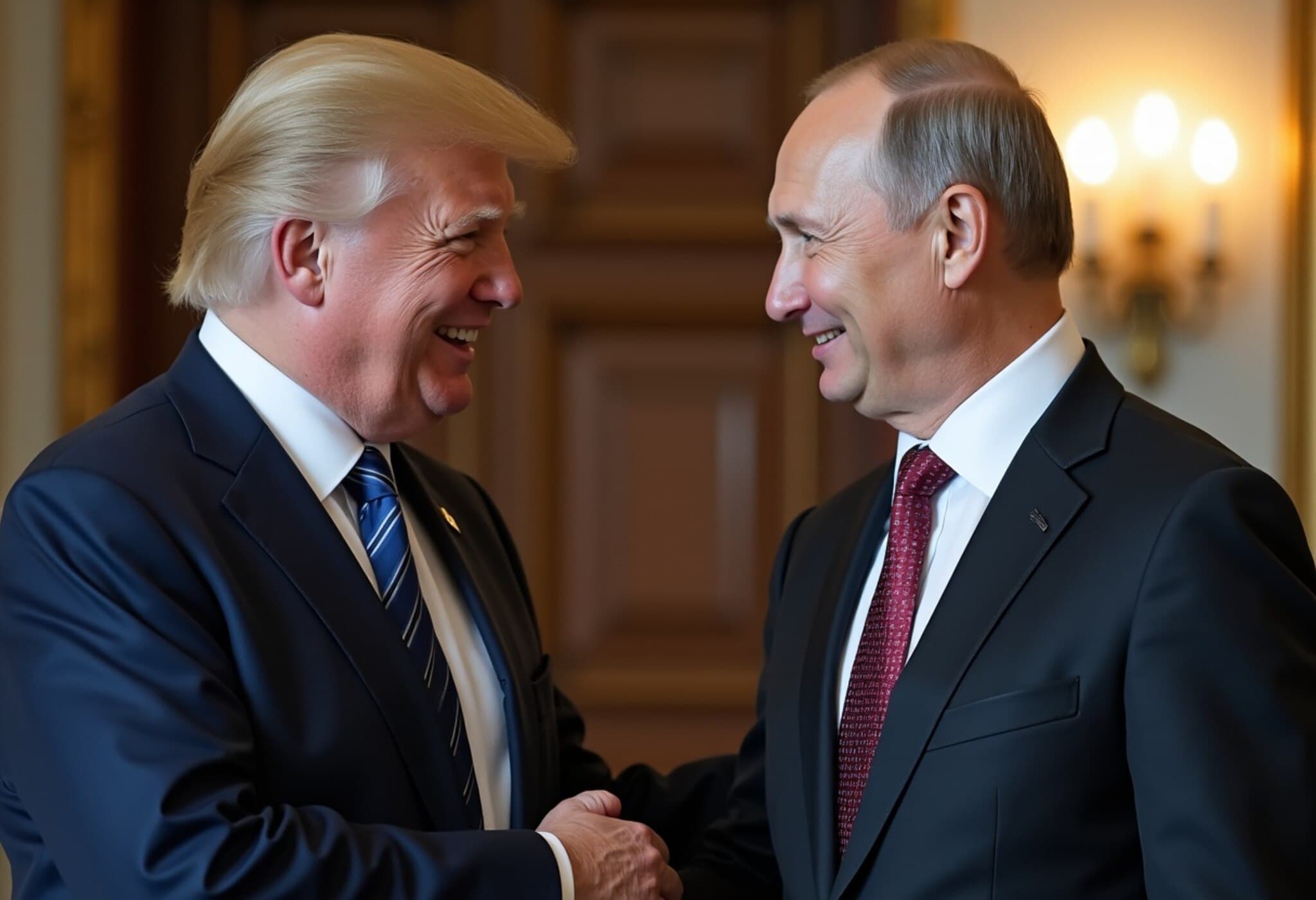Unpacking the Controversy Around Russian Oil Imports
As global tensions simmer in the wake of Russia’s invasion of Ukraine, energy politics have become a frontline for diplomatic and economic maneuvering. Recent figures from the Finland-based Centre for Research on Energy and Clean Air (CREA) shed light on a growing narrative: Western accusations against India regarding its Russian oil imports reveal a striking double standard.
European Union’s Significant Role in Russian Fossil Fuel Revenues
According to CREA's detailed analysis, since the onset of the war in Ukraine, European Union (EU) countries have contributed a substantial €212 billion—or 23% of Russia’s fossil fuel export revenues. This figure dwarfs India’s €121 billion contribution, representing only 13% of the total. Notably, China tops the list with purchases exceeding €200 billion.
This data underscores the paradox within Western rhetoric: while Europe publicly backs sanctions against Moscow, its economic engagement with Russia remains significant, spanning beyond energy to sectors like fertilizers, chemicals, and steel.
Western-Operated Tankers Transport Majority of Russian Oil
CREA’s report further reveals that more than half of Russian oil exports are shipped via tankers owned or insured by G7+ nations, illustrating the West’s continued logistical involvement in the Russian energy trade. Since January, the share of G7+ countries in transporting Russian oil soared from 36% to 56% by June 2025.
While the EU has imposed a price cap on Russian oil to limit its war financing capabilities, the increasing reliance on Western tanker fleets to move this oil suggests a complicated picture where economic interests often blur policy commitments.
India's Energy Security and Western Reproach
India has emerged as a critical market for Russian oil, especially after Moscow lost access to traditional European buyers. Indian officials argue their imports—around 9% of global Russian oil exports—have helped stabilize global oil prices, preventing market shocks. This aligns with the rationale behind Western price caps designed to curb Moscow’s revenue without disrupting energy markets.
However, this pragmatic approach has drawn sharp criticism, especially from the US under former President Donald Trump’s administration.
Trump’s 50% Tariff Hike: An Escalation in Trade Tensions
On August 7, 2025, Trump announced a doubling of tariffs on Indian goods—from 25% to an unprecedented 50%—citing India’s role in allegedly "fuelling the Russian war machine." This punitive measure comes amid broader US strategic efforts to pressure countries continuing energy ties with Russia.
In response, India’s Ministry of External Affairs released a pointed statement condemning the tariff hike as "unfair, unjustified and unreasonable." Officials emphasized that India’s energy imports are motivated by the imperative to provide affordable and reliable energy to its 1.4 billion citizens, questioning why similar actions by European nations have escaped such sanctions.
Despite five rounds of bilateral trade talks and high-level visits—including from US Vice President JD Vance—this punitive tariff move highlights growing strains in US-India relations, with Brazil also uniquely facing similar tariff barriers.
Expert Perspective: What Lies Beneath the Numbers?
Energy analysts suggest that these revelations challenge the simplistic narratives often deployed in diplomatic arenas. The gross asymmetry in sanctions enforcement raises important questions about geopolitical interests, economic dependencies, and the practical limits of international pressure tactics.
Furthermore, the reliance on Western shipping for Russian oil exports, even amid political sanctions, suggests that economic networks remain resilient and interconnected despite geopolitical frictions.
Underreported Angles and Critical Questions
- Why do Western policies seem to selectively target emerging economies while shielding their own energy sectors?
- How sustainable is the West’s approach to enforce sanctions if it continues to facilitate Russian oil logistics?
- What impact do such trade tensions have on the broader US-India strategic partnership, especially amid shifting global alliances?
Conclusion: Navigating a Complex Energy and Diplomatic Landscape
The data and developments surrounding Russia’s fossil fuel exports reveal the intricate dance of geopolitics, economics, and energy security. India finds itself balancing national energy demands against growing external pressures, while Western nations grapple with enforcing sanctions in a globally integrated market.
As these dynamics unfold, stakeholders must consider not just the numbers, but the broader implications for international cooperation, market stability, and equitable policy enforcement.
Editor’s Note
The discourse on Russian oil imports highlights a critical challenge in today's global diplomacy: aligning moral imperatives with economic realities. The apparent Western double standards not only complicate efforts to isolate Moscow economically but also strain vital geopolitical relationships. Readers are invited to consider how energy dependencies and trade policies influence international alliances and what fair, sustainable strategies might emerge in this evolving landscape.

